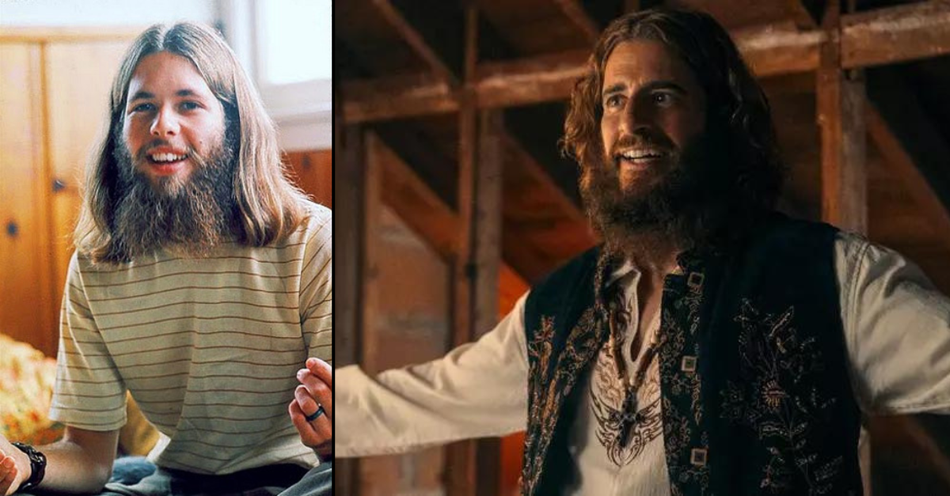Lonnie Frisbee

In the colorful tapestry of American counterculture, there emerges a figure whose life story transcends mere chronicles to become a legend. Lonnie Frisbee, a name not widely recognized but profoundly influential, carved an indelible mark in the realms of spirituality, culture, and social activism. His journey is a captivating odyssey, marked by fervent faith, unbridled creativity, and the pursuit of authenticity in a world thirsty for genuine connection.
Born on June 6, 1949, Lonnie Frisbee grew up in a conservative Christian household in Southern California. His early years were characterized by a deep-seated curiosity about spirituality and a yearning for a more profound encounter with the divine. Frisbee’s quest for truth led him on a spiritual pilgrimage that took him through various expressions of faith, from Pentecostalism to Eastern mysticism, and ultimately to the burgeoning Jesus Movement of the 1960s and 70s.
Enigmatic Legacy of Lonnie Frisbee
It was within the burgeoning Jesus Movement where Frisbee found his spiritual home. With his magnetic personality and unconventional approach to evangelism, he became a central figure in the movement, captivating audiences with his passionate sermons and spontaneous baptisms in the Pacific Ocean. Frisbee’s message of love, acceptance, and radical transformation resonated deeply with a generation disillusioned by traditional institutions and hungry for authenticity.
Frisbee’s influence extended beyond the confines of traditional church settings. He played a pivotal role in the emergence of the Calvary Chapel movement, a network of non-denominational Christian churches known for their informal style of worship and emphasis on the Bible. Frisbee’s unorthodox methods and emphasis on spiritual experience rather than religious dogma challenged the status quo within evangelical Christianity and paved the way for a more inclusive and experiential approach to faith.
A Trailblazer of Faith and Freedom
Yet, Frisbee’s journey was not without its complexities and contradictions. As a gay man in a conservative religious landscape, he grappled with the tension between his sexual identity and his faith. Despite facing rejection and condemnation from some quarters of the church, Frisbee remained steadfast in his belief that God’s love transcended human judgment and that all were worthy of redemption and acceptance.
Frisbee’s legacy extends far beyond the confines of organized religion. He was a pioneer of the psychedelic movement of the 1960s, exploring the realms of consciousness expansion through the use of LSD and other mind-altering substances. While his experimentation with drugs ultimately led to personal struggles and conflicts within the church, Frisbee’s openness about his experiences served as a catalyst for honest conversations about spirituality, mental health, and the search for meaning in an increasingly complex world.
Conclusion
Tragically, Frisbee’s life was cut short at the age of 43 when he succumbed to complications from AIDS in 1993. Yet, his impact endures, a testament to the enduring power of authenticity, compassion, and the relentless pursuit of truth. Frisbee’s life challenges us to embrace our own journey, to question the boundaries of conventional wisdom, and to seek connection and understanding in a world too often defined by division and fear.
In the annals of history, Lonnie Frisbee may remain an enigmatic figure, a paradoxical blend of saint and sinner, prophet and outcast. Yet, it is precisely this complexity that makes his story so compelling and his message so relevant. In an age marked by uncertainty and unrest, Lonnie Frisbee stands as a beacon of hope, reminding us that the path to enlightenment is often found in the most unexpected places and that true freedom lies in the courage to be authentically ourselves.
